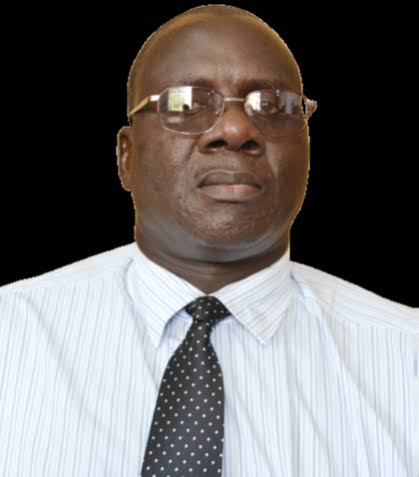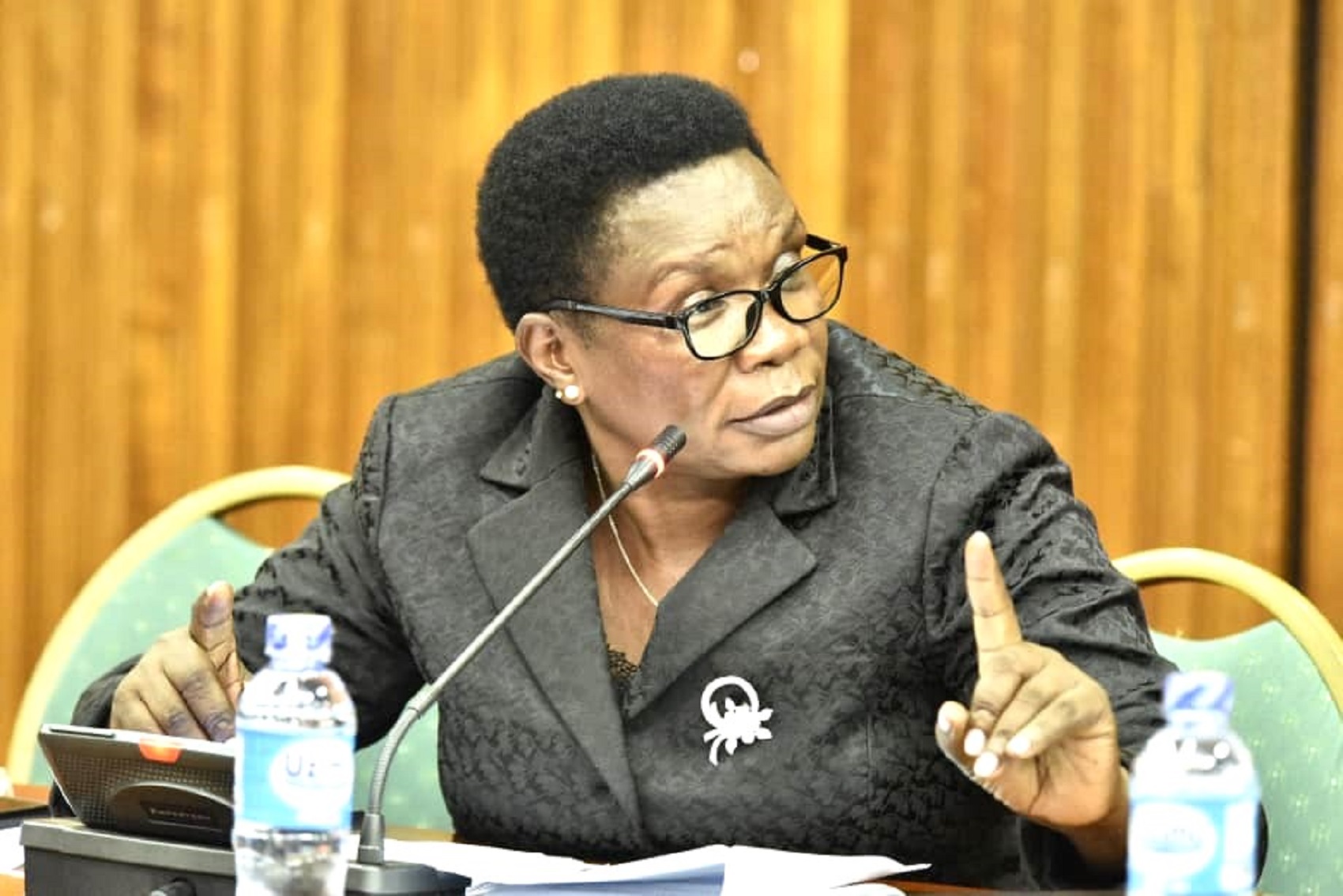In the ever-evolving landscape of global economics, political ideologies often collide with financial realities. One such pressing issue is the ongoing battle between isolationist policies and inflation control, particularly in the United States. While voters prioritize economic stability, political leaders, notably former President Donald Trump, have increasingly leaned towards aggressive protectionist measures. The question remains: Can isolationism and economic stability coexist, or will this approach exacerbate inflationary pressures?
For years, economic concerns such as the rising cost of living have topped the list of voter priorities. Recent polls indicate that Americans view inflation control as one of the most critical issues in their decision-making process. However, Trump’s “America First” policy—marked by sweeping tariffs and trade restrictions—suggests a different focus.
Economists warn that these policies, rather than reducing inflation, may fuel it further. Adam Posen, president of the Peterson Institute for International Economics, argues that targeting trade partners takes precedence over improving the purchasing power of the working class. This raises a fundamental question: Are these policies a strategic misstep or a necessary shift towards national economic independence?
Economic forecasters have revised their inflation projections upwards, from 2.2% to 2.6% for 2025, largely due to the anticipated impact of protectionist trade policies. Historically, isolationism has resulted in reduced imports and higher production costs, ultimately passing the burden onto consumers. With supply chains disrupted and tariffs increasing the cost of goods, the Federal Reserve faces an uphill battle in managing interest rates effectively.
Currently, the Federal Reserve has maintained a cautious stance, choosing to hold interest rates steady. Many expect only two quarter-point cuts this year, a stark contrast to the aggressive reductions Trump has been advocating for. If inflation continues to rise due to protectionist policies, the Fed may be forced into a difficult position—either resist political pressure or implement potentially destabilizing rate hikes.
For everyday Americans, the economic turbulence of the past few years has been tangible. The cost of essential goods, from groceries to household items, has surged, with inflation climbing over 20% in recent years—the worst inflationary spike in decades.
Mark Blyth, a professor at Brown University, captures the frustration of many voters: “If you really thought this guy was going to do something about the price of eggs, then you are probably going to be brutally disappointed.” His point underscores the reality that inflation is not merely a theoretical concern but a direct and immediate burden on American households.
Another layer of complexity arises with Trump’s proposed large-scale deportation of undocumented workers. The economic implications of such a move could be profound. Historically, labor shortages have led to increased wages, which in turn drive up the cost of goods and services. If millions of workers are removed from key industries such as agriculture, construction, and service sectors, businesses may struggle to find replacements, thereby inflating wages and further exacerbating price increases.
While some argue that stricter immigration policies could protect domestic job opportunities, the economic trade-off remains uncertain. The reality is that the U.S. labor market has long relied on a steady influx of workers to sustain industries that American citizens are often unwilling or unavailable to fill. Removing a significant portion of this workforce could create economic bottlenecks, ultimately harming rather than helping the very people these policies aim to support.
While Trump’s economic nationalism aims to prioritize domestic production and reduce reliance on foreign trade, it ignores the intricate web of global interdependence. Many industries, particularly technology and manufacturing, rely on international supply chains. Tariffs and trade restrictions may offer short-term political gains, but they also risk alienating trade partners, reducing export opportunities, and prompting retaliatory measures from other nations.
Furthermore, history suggests that isolationist policies rarely lead to sustained economic prosperity. The Smoot-Hawley Tariff Act of 1930, for instance, aimed to protect American industries but instead deepened the Great Depression by triggering global trade wars. The challenge for today’s policymakers is to balance national interests with economic pragmatism, ensuring that protectionist measures do not inadvertently harm the very people they intend to protect.
Given the complexities of inflation and isolationism, a balanced approach is essential. Instead of pursuing an aggressive protectionist agenda, policymakers should consider targeted economic strategies that bolster domestic industries while maintaining beneficial trade relationships.
Some potential solutions include:
Strategic Tariffs: Imposing tariffs selectively on industries where domestic production can realistically replace imports without causing price surges.
Strengthening Supply Chains: Encouraging domestic production of critical goods while maintaining access to international markets for non-substitutable products.
Labor Market Adjustments: Implementing workforce training programs to reduce dependency on foreign labor without causing abrupt shortages.
Collaborative Trade Agreements: Negotiating favorable trade deals that protect American interests without provoking economic retaliation from key partners.
Monetary and Fiscal Coordination: Ensuring that fiscal policies align with Federal Reserve strategies to manage inflation effectively.
The intersection of isolationism and inflation presents a daunting challenge for any administration. While protectionist policies may appeal to nationalist sentiments, they carry significant economic risks, particularly for inflation control. If not carefully managed, these policies could lead to unintended consequences, from rising consumer prices to economic slowdowns and trade conflicts.
For voters and policymakers alike, the key lies in understanding the trade-offs. As the debate continues, one thing remains certain: economic realities will ultimately dictate the success or failure of any political ideology. The challenge for future leaders is to craft policies that not only serve national interests but also ensure sustainable economic stability for the working class.
Ultimately, the question is not just about choosing between isolationism and inflation control—it’s about finding a path that secures both economic independence and financial well-being for the nation as a whole.
Do you have a story in your community or an opinion to share with us: Email us at Submit an Article









